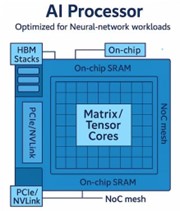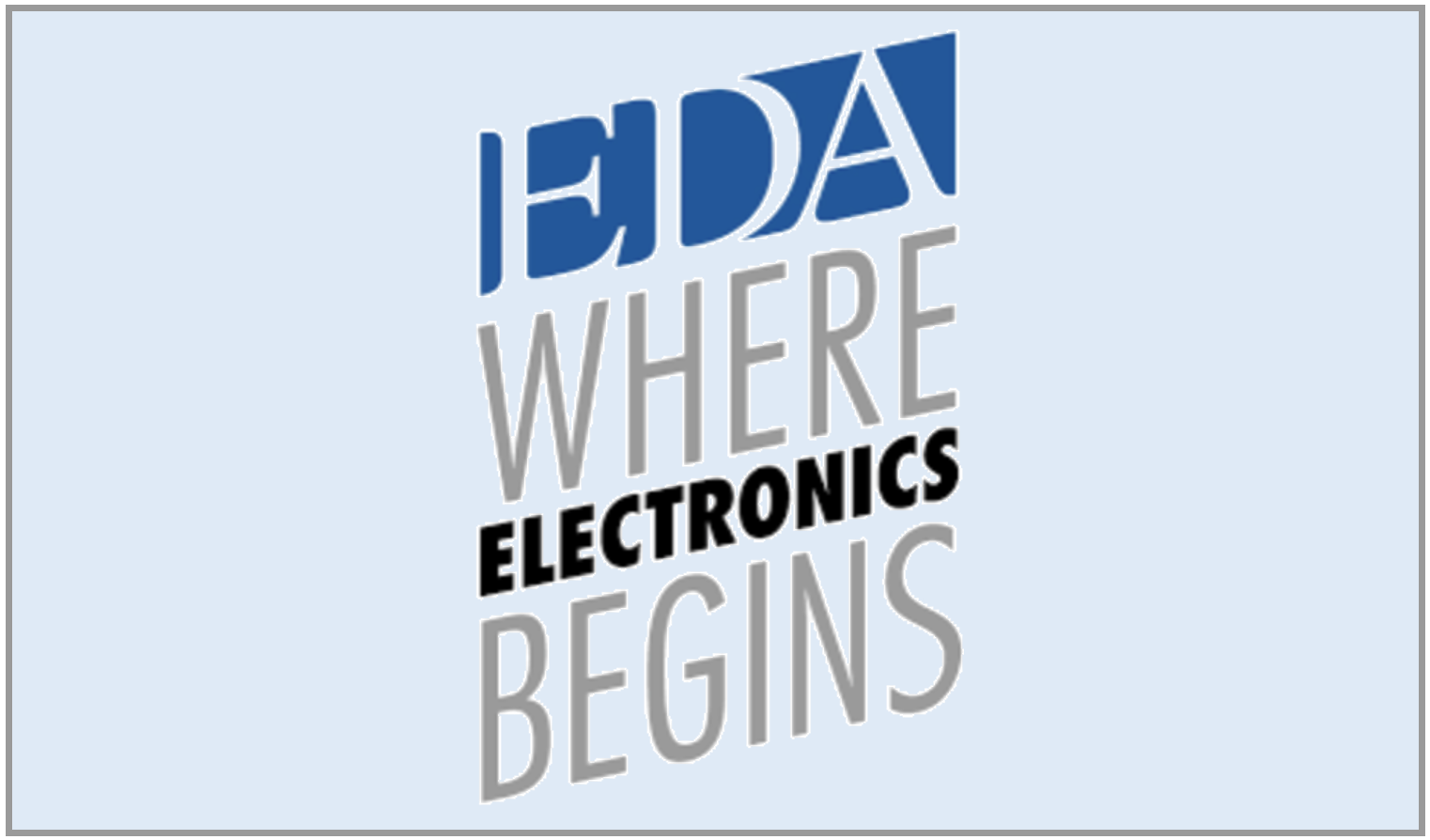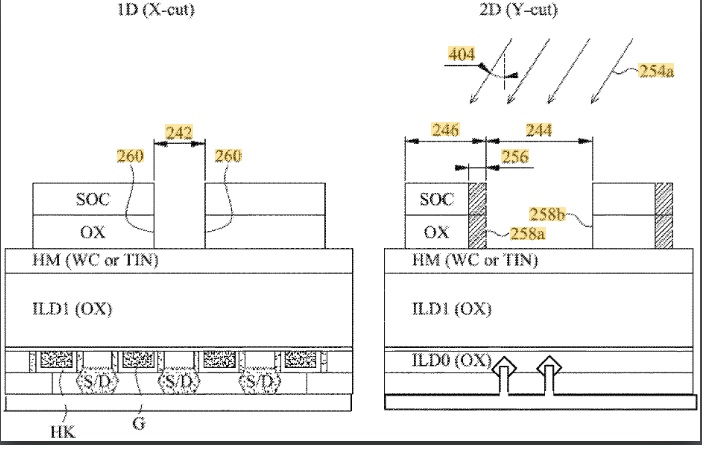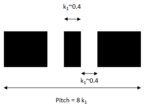Arm and Mentor Recently announced that the Arm Design Reviews program now offers Mentor help in verification design reviews. I talked to Paul Williams (Sr Consultant and Verification Practice Lead at Mentor Graphics) and Peter Lewin (Dir. Mktg at Arm Partner Enablement Group) to get more insight into Arm Design Services, particularly… Read More
 Hardware is the Center of the Universe (Again)The 40-Year Evolution of Hardware-Assisted Verification — From…Read More
Hardware is the Center of the Universe (Again)The 40-Year Evolution of Hardware-Assisted Verification — From…Read More Smarter ECOs: Inside Easy-Logic’s ASIC Optimization EngineEasy-Logic Technology Ltd. is a specialized Electronic Design…Read More
Smarter ECOs: Inside Easy-Logic’s ASIC Optimization EngineEasy-Logic Technology Ltd. is a specialized Electronic Design…Read More The Name Changes but the Vision Remains the Same – ESD Alliance Through the YearsThe Electronic System Design Alliance (ESDA) has been…Read More
The Name Changes but the Vision Remains the Same – ESD Alliance Through the YearsThe Electronic System Design Alliance (ESDA) has been…Read More TSMC Process Simplification for Advanced NodesIn the modern world, the semiconductor industry stands…Read More
TSMC Process Simplification for Advanced NodesIn the modern world, the semiconductor industry stands…Read More CEO Interview with Juniyali Nauriyal of PhotonectJuniyali Nauriyal is the CEO and Co-Founder of…Read More
CEO Interview with Juniyali Nauriyal of PhotonectJuniyali Nauriyal is the CEO and Co-Founder of…Read MoreImpact of Defocus and Illumination on Imaging of Pitch
In an earlier article [1], the resolution limit for the space between paired features was described by the Rayleigh criterion of ~0.6 wavelength/numerical aperture, where the numerical aperture (NA) represented the sine of the largest angle for a ray focused from the lens to a point. It is also given by the radius of the lens divided… Read More
Synopsys Enhances Chips and Systems with New Silicon Lifecycle Management Platform
SLM. It’s a TLA (three-letter acronym) that you’ll be hearing more about. It stands for silicon lifecycle management and it has the potential of re-defining the role of EDA in the entire electronics ecosystem. A working definition of SLM is “monitoring, analysis and optimization of semiconductor devices as they are designed,… Read More
Cache Coherence Everywhere may be Easier Than you Think
I attended one of the Arm partner events in Cambridge many years ago, when they first talked about the coherent hub for managing cache coherence. I was impressed, but the obvious question even then was how any non-Arm IP was going to hook into this hub. They had a solution, of course, the ACE interface, and I left satisfied. As is the … Read More
Clarity 3D Transient Solver Speeds Up EMI/EMC Certification
Cadence made waves a while back with its innovative Clarity 3D Solver, a FEM solver for near field EM analysis. Now they are shaking things up with their new far field Clarity 3D Transient Solver. System level EMI and EMC analysis has often exceeded the limits of simulation tools, leading to expensive and time-consuming prototype… Read More
Coronavirus Remains Good for Semiconductors but not China
- LCRX puts up a solid QTR and slightly soft guidance
- China Concerns weigh on future but COVID remains driver
- Memory spend could be better & help offset China
Solid September Quarter
Lam reported Non GAAP EPS of $5.67 versus $5.19 street and Revenues of $3.18B which was $70M better than street expectations. Lam obviously does … Read More
Intel TSMC Update!
Based on the Intel investor call yesterday here are some interesting comments Bob Swan made related to Intel outsourcing manufacturing and 7nm progress. Let’s start with the prepared statement:
Bob Swan: “Over the last couple of years, we have been focused on three critical priorities; improving our execution to strengthen … Read More
CEO Interview: Andreas Kuehlmann of Tortuga Logic
You may remember Andreas from his time at Synopsys, where he led the new Software Integrity Business Unit. He joined Tortuga Logic a couple of months ago to lead the company. Given his background in software security, I was eager to get a CEO interview. Andreas is a EE with background at IBM in the PowerPC and EDA. He directed Cadence… Read More
Flex Logix Brings AI to the Masses with InferX X1
In April, I covered a new AI inference chip from Flex Logix. Called InferX X1, this part had some very promising performance metrics. Rather than the data center, the chip focused on accelerating AI inference at the edge, where power and form factor are key metrics for success. The initial information on the chip was presented at … Read More
Low Energy Intelligence at the Extreme Edge
Intelligence at the edge is a hot topic these days. Not having to go all the way to the cloud to recognize objects, faces, speech and so on. But I find promoters can be rather fuzzy about what they mean by “the edge”. For many, intelligence at the edge means intelligence closer to the edge than the cloud. In a gateway for example. Not actually… Read More








CEO Interview with Aftkhar Aslam of yieldWerx